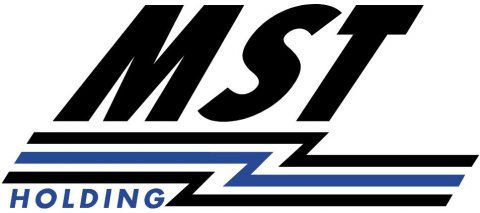Utilities are facing a reality where customers are increasingly digital and informed. In addition, competition is growing as a result of both the liberalization of markets and the entry of new players. At the same time, technology is accelerating the evolution of handling and customer relations, bringing about many changes. In this constantly evolving context, utilities companies must be prepared to innovate and move towards new business models that meet the needs of the market. To do so, they will need to gain flexibility and agility in their operations.
Agility to meet utility challenges
To achieve flexible and agile utilities, four main points must be attended to:
- Cultural change, which allows orienting personnel towards innovation and tolerance to change. In companies with a long history, cultural change can be as important as technological change. Only when the entire company is aligned, from management to employees, will it be possible to implement agile methodologies and make changes and innovations quickly.
- Business strategy in line with agile ways of operating. Although there must be some guidelines to still do so, there must also be room for change within the company’s core strategy.
- Changes towards placing the customer at the center. To meet the challenges of the market, the consumer must be at the center of all decisions, but this is no simple matter. That is why the changes that are made should be oriented towards the customer experience, their needs and their preferences for communicating with the company, etc.
Process optimization and automation. Before there can be a change, there needs to be control over what is currently being done. Therefore, it will be important to analyze the processes in order to optimize them and automate those parts of the company that are necessary. This automation will leave more time for other tasks, making it easier to innovate and introduce changes in the utilities.
New business models in utilities
Once we know the basic guidelines to gain in agility and flexibility, what are the new business models that arise from the opportunities of the new context? On the one hand, there is a clear trend towards digital models, in which communication can be done online and many issues can be solved automatically with a fast and agile customer service. For example, simple doubts or incidents could be solved by Virtual Assistants without human intervention. This will reduce the workload and operating costs of the business.
On the other hand, we can talk about “Energy as a Service” models. Consumers are increasingly interested in energy savings, both for economic and environmental reasons. Therefore, it makes sense for utilities to also offer an advisory customer service to provide individual users, companies or administrations with the best consumption options.
At MST Holding we are experts in customer care services aimed at companies in the utilities sector. At MST we offer global solutions for the outsourcing of technical assistance services (among others), handling the Contact Center through multichannel platforms, adapting to the technological world we live in. We implement state-of-the-art technology in our services to optimize all technical support and customer service management channels. In short, utilities are facing a context in which technology will play a role to achieve more agile and flexible organizations.
For more information contact marketing@mstholding.comor through our web www.mstholding.com

